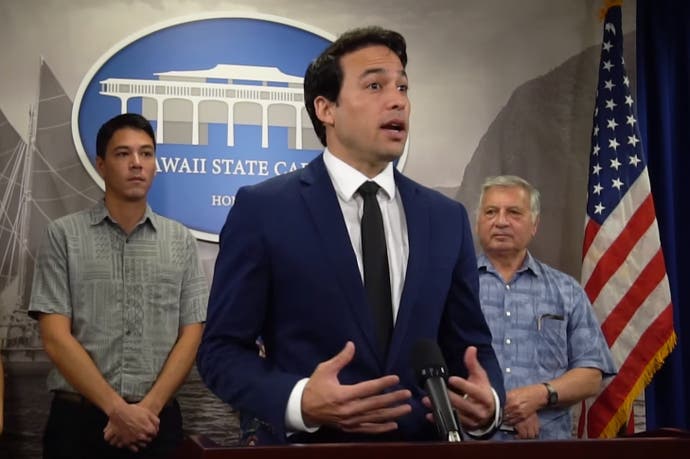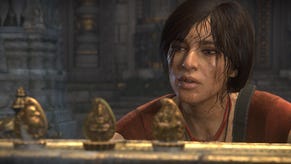The video game industry's loot box problem isn't going away
Never tell me the odds!
After the Star Wars Battlefront 2 loot box furore hit the headlines late last year, the outcry over the video game industry's use of what some reckon is gambling in video games appeared to die down.
Now, it's picking back up again after US politicians pushed forward with what may result in new legislation that governs the use of loot boxes in video games.
First up, lawmakers in Hawaii have introduced four bills in a bid to regulate the sale of video games that include loot boxes. Two of these bills would block sales of games with loot boxes to those aged under 21. The other two would force publishers to label their games with loot box warnings and reveal the rates of receiving each reward.
Hawaii Democrat politician Chris Lee was one of the most outspoken critics of loot boxes after the launch of Star Wars Battlefront 2. He publicly called for legislation to end the sale of loot boxes to minors, along with the following quote: "This game is a Star Wars-themed online casino designed to lure kids into spending money; it's a trap."
Now, speaking with the Hawaii Tribune Herald, Lee said he has worked with legislators from other states and countries to create a widespread response to predatory payment mechanisms. More than half of US states are pursuing some form of loot box oversight legislation, he said.
"If enough of the market reacts, the industry would have to respond and change its practices," he said.
Meanwhile, a US senator has called on the country's video game ratings board to examine loot box practices.
Sen. Maggie Hassan wrote to Patricia Vance, the president of the Entertainment Software Ratings Board to ask her to re-examine how games with loot boxes are rated.
"The prevalence of in-game microtransactions, often referred to as loot boxes, raises several concerns surrounding the use of psychological principles and enticing mechanics that closely mirror those often found in casinos and games of chance," Hassan wrote, according to the letter published on Glixel.
"I also urge the board to examine whether the design and marketing approach to loot boxes in games geared toward children is being conducted in an ethical and transparent way that adequately protects the developing minds of young children from predatory practices," Hassan said.
The ESRB has always insisted loot boxes are not gambling, as has the UK's Gambling Commission, because "the player is always guaranteed to receive in-game content (even if the player unfortunately receives something they don't want)". This statement does not appear to have poured cold water on the hot topic, however, with developments in the US gathering pace.
Responding to Sen. Maggie Hassan's letter, the ESRB issued a new statement, although it fails to address the issue at hand:
"For more than two decades we have earned the trust of parents around the country by helping them make informed decisions about the games their children play. As the industry evolves, so does our rating system, and we will continue to make enhancements to ensure parents continue to be well-informed. We will also continue to provide information about additional tools, including parental control guides, that help parents set spending and time limits and block potentially inappropriate games based on the ESRB-assigned age rating."
Eurogamer investigated the issue of loot boxes as gambling in a feature published last year. Star Wars Battlefront 2, meanwhile, has yet to turn its microtransactions on after pulling them at the last minute before the full launch of the game.











